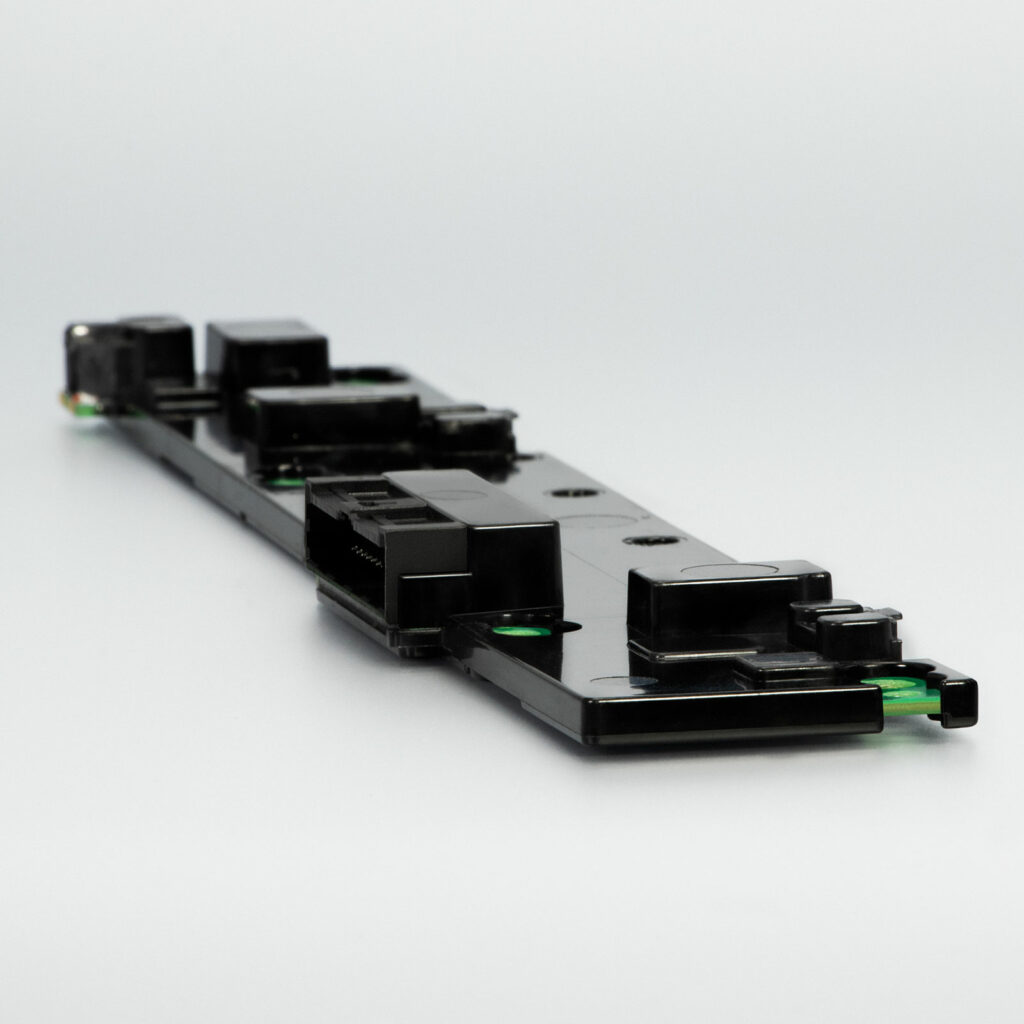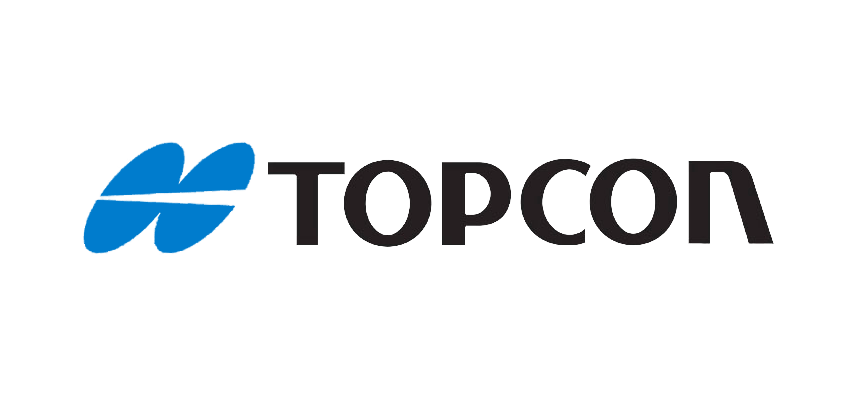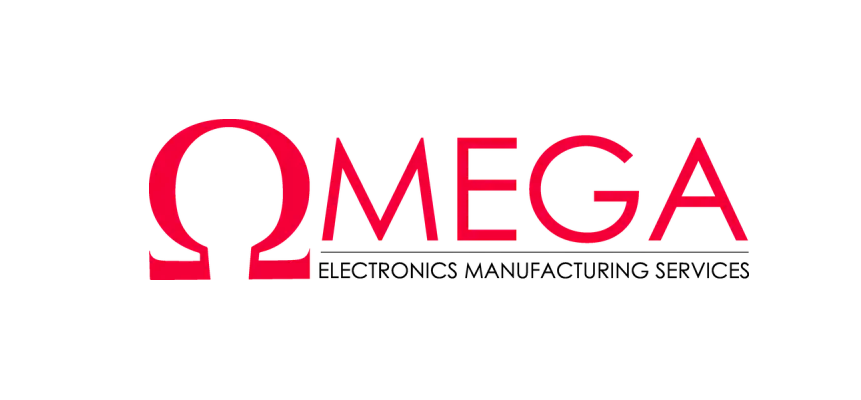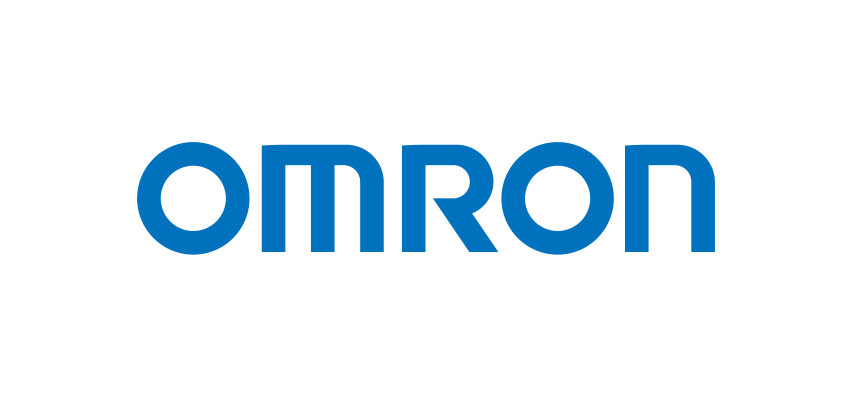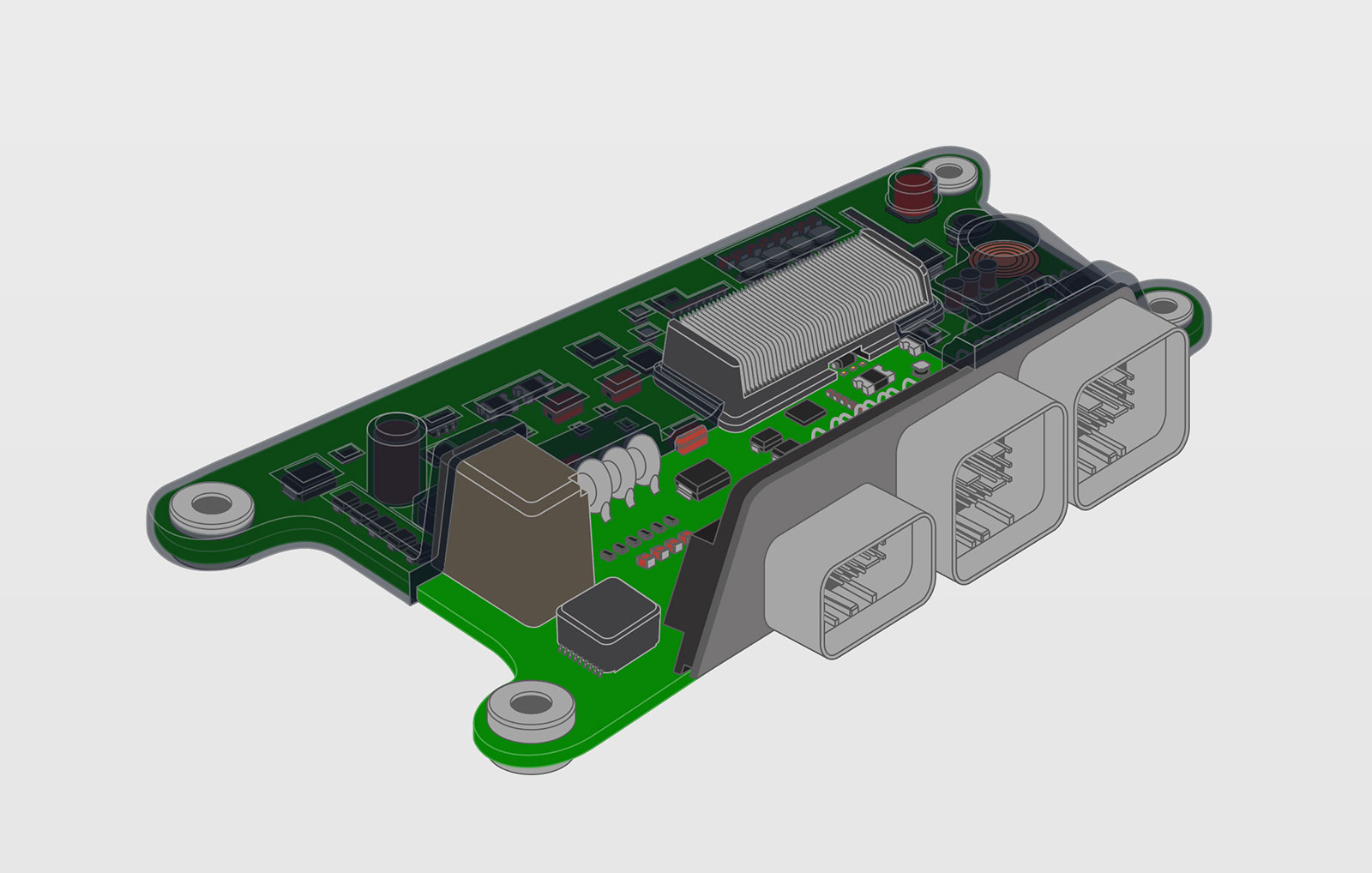
What is Epoxy Overmolding?
When it comes to protecting electronics from harsh environments, design engineers have only a limited number of technologies to choose from. Unless the product can survive in a simple clamshell housing, options for protecting circuit boards include epoxy potting, conformal coating and low-pressure molding (LPM). Epoxy overmolding is a new manufacturing approach that offers the performance benefits of epoxy materials, but with the process advantage of an in-line, scalable injection molding process.
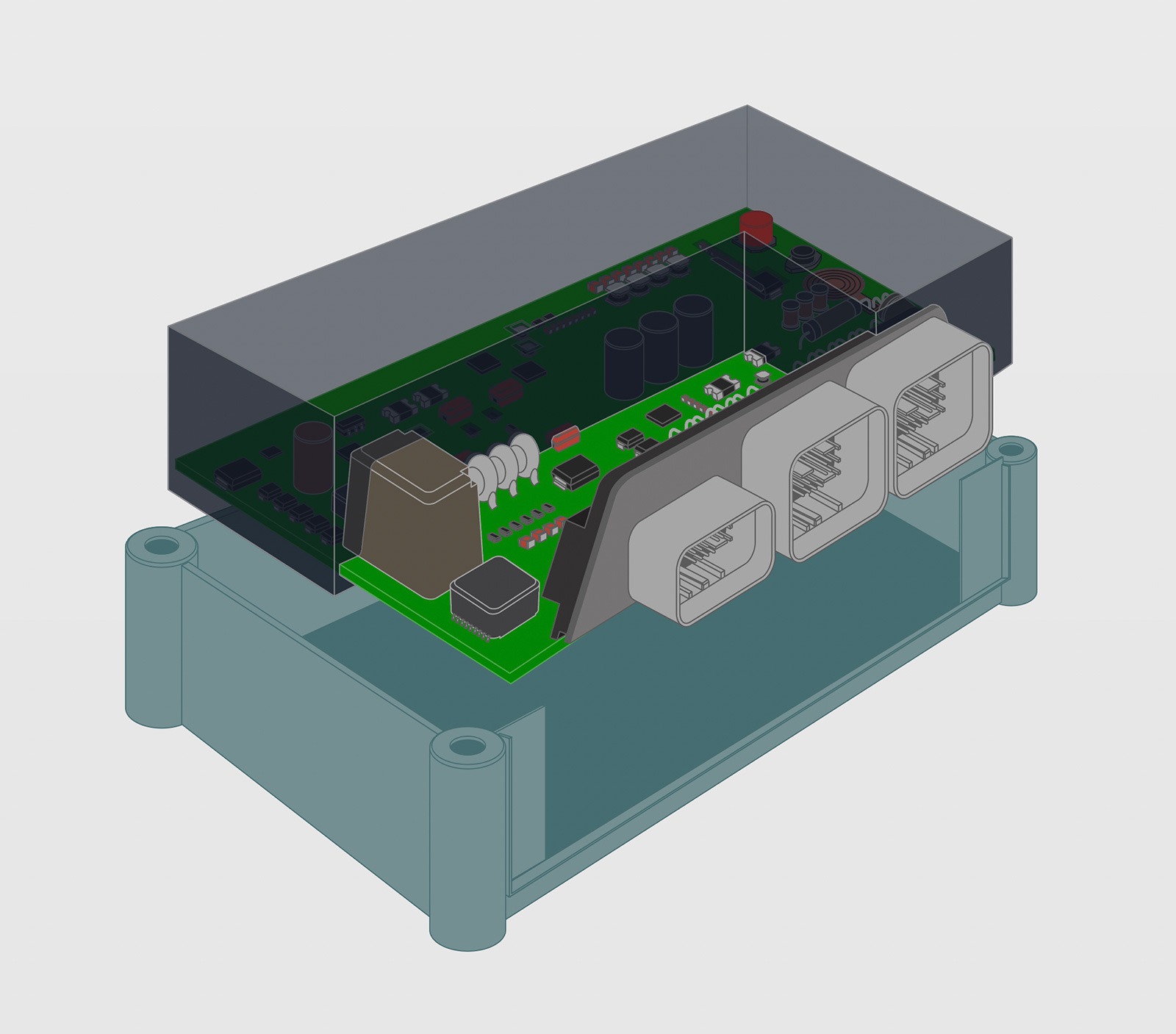
What is Epoxy Potting?
Epoxy potting is a technology that has been around the electronics industry for decades, and the process is the same whether you are a garage hobbyist or you are scaling the next big consumer product: fabricate a housing, insert the electronics into the housing, fill it up with liquid epoxy and wait for it to cure/harden. This works quite well in the garage, but high-volume manufacturers have long been seeking a better solution.
Epoxy Molding Compounds (EMCs)
For decades, Epoxy Molding Compounds (EMCs) have been the industry standard for packaging computer chips, or Integrated Circuits (ICs). These thermoset materials offer excellent electrical properties, and the molding process is delicate enough to safely encapsulate fragile ICs and wire bonds without damage. Once fully cured, these materials are strong, providing a robust structure for the delicate chips contained within. Moreover, EMC encapsulants provide great thermal conductivity, excellent chemical resistance and favorable CTE (Coefficient of Thermal Expansion) with excellent high/low temperature performance. For all these reasons, EMCs will continue to remain the material of choice for IC encapsulation.
A new approach with proven materials
Cavist Manufacturing has recently adapted transfer molding technology, using the same process from IC encapsulation to package electronic assemblies at the board (PCBA) level. Any printed circuit board assembly can be inserted into a mold, and completely encapsulated with extremely robust epoxy molding compounds. The primary difference between this new approach and a conventional epoxy potting process is that you can realize immediate weight and material savings by coring out unnecessary material coverage. Because the outline of the overmolded package and the material skin thickness can be conformal, you no longer need to live with unnecessary weight or potting material.
Stronger, thinner, cheaper.
Epoxy overmolding becomes an immediate alternate techology, to replace epoxy potting in almost any application. Epoxy overmolding also has the added benefit of eliminating the air bubbles and entrapment that often happens with a sloppy, self-leveling potting application.
Additional benefits
Additional benefits of epoxy overmolding a PCBA include:
• Excellent adhesion and CTE properties allow the encapsulated assembly to survive harsh thermal cycling and end use environments.
• High thermal conductivity resins (>3-5 W/m-k) for high power density products that require active heat dissipation.
• Superior chemical resistance for environments with aggressive exposure to solvents, fuels, oils and much more.
• High temperature resistance allows encapsulated assemblies to survive harsh environments more than 200C.
• Structural and rugged encapsulation with high durometer materials that have good compression and tensile properties.
• Low viscosity materials means low molding pressures, which are safe to encapsulate the most fragile SMT components.
• No volatiles (VOCs) released during the cure process.
• Good electrical properties include a favorable dielectric strength and volume resistivity
Key Features
- Excellent adhesion to endure rigorous environments
- High thermal conductivity resins (>3-5 W/m-k)
- Extreme high temp. performance (>200C)
- Superior chemical resistance for harsh environments
- Ruged structural encapsulation for durable protection
6. Conformal design cuts weight and allows for design features like mounting locations
Reach out to Cavist to get more information about this technology. We would be happy to help you with your epoxy potting application!
